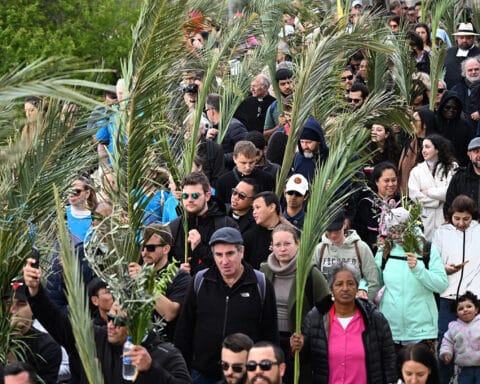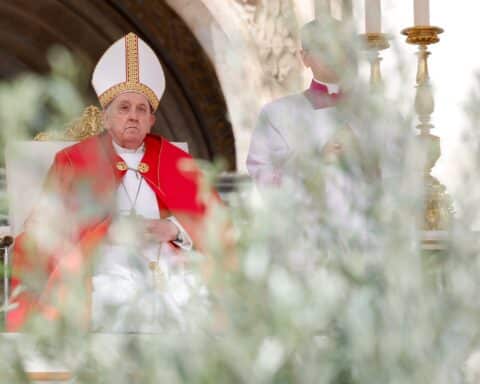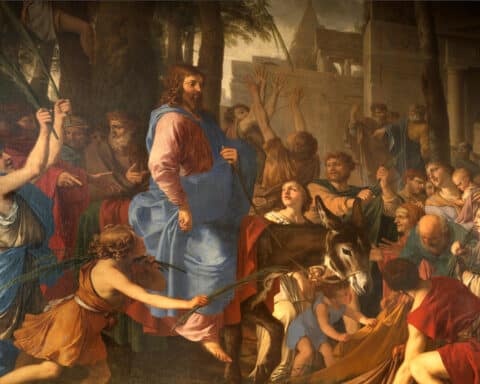Question: I was surprised to hear on a radio show an advocate for the gay community say that the story of Sodom and Gomorrah is not about homosexuality, but that the sin for which God destroyed that city was greed and a lack of hospitality. What do you think?
— Christina Jensen, Chicago
Answer: It is a strange but unfortunately common notion among the advocates you describe. If the assertion that the destruction of Sodom and Gomorrah has nothing to do with homosexual acts, then the Holy Spirit, writing in the Book of Jude, was never told. There it is written: “Sodom, Gomorrah and the surrounding towns, which, in the same manner as they, indulged in sexual promiscuity and practiced unnatural vice, serve as an example by undergoing a punishment of eternal fire” (1:7). So, clearly, the destruction of those towns is not merely about greed or a lack of hospitality.
This does not mean that homosexual practices were the only sin of those ancient towns. And, thus, Ezekiel adds: “Now look at the guilt of your sister Sodom: She and her daughters were proud, sated with food, complacent in prosperity. They did not give any help to the poor and needy. Instead, they became arrogant and committed abominations before me; then, as you have seen, I removed them” (Ez 16:49-50).
And therefore it is proper to see that there were many sins in those ancient towns but among them were fornication and homosexual acts. Any straightforward, nonideological reading of the story in Genesis 19 will show that homosexual acts are not only mentioned, they are central to the story. At the moment of critical tension, the townsmen, young and old, stand outside Lot’s door and demand: “Where are the men who came to your house tonight? Bring them out to us that we may have sexual relations with them” (Gn 19:5).
The Catechism, while reminding that persons with same-sex attraction are to be accepted with respect, compassion and sensitivity, also cites Genesis 19 among other texts in the assessment of homosexual acts. Basing itself on sacred Scripture, which presents homosexual acts as acts of grave depravity (cf. Gn 19:1-29; Rom 1:24-27; 1 Cor 6:9; 1 Tim 1:10), tradition has always declared that “homosexual acts are intrinsically disordered. … Under no circumstances can they be approved” (CCC, No. 2357).
Palm or Passion Sunday?
Question: Many years ago in my youth I recall that Passion Sunday and Palm Sunday were different Sundays. Is this so, and why then is the Passion read on Palm Sunday?
— Leo Renne, Jackson, Michigan
Answer: Yes, before 1970 the Fifth Sunday of Lent was called Passion Sunday and statues and crosses were traditionally veiled beginning that Sunday until Easter. The reason for this title was that the Church was setting her sights on the Passion. The following Sunday was called Palm Sunday and opened Holy Week. After 1970, the two Sundays were combined on Palm Sunday.
The reading of the Passion on Palm Sunday, however, is a very old tradition since it was accepted that many would not or could not attend on Good Friday. Given the importance of the Passion being heard in its entirety by the faithful, the Church assigned the reading of it on Palm Sunday.





